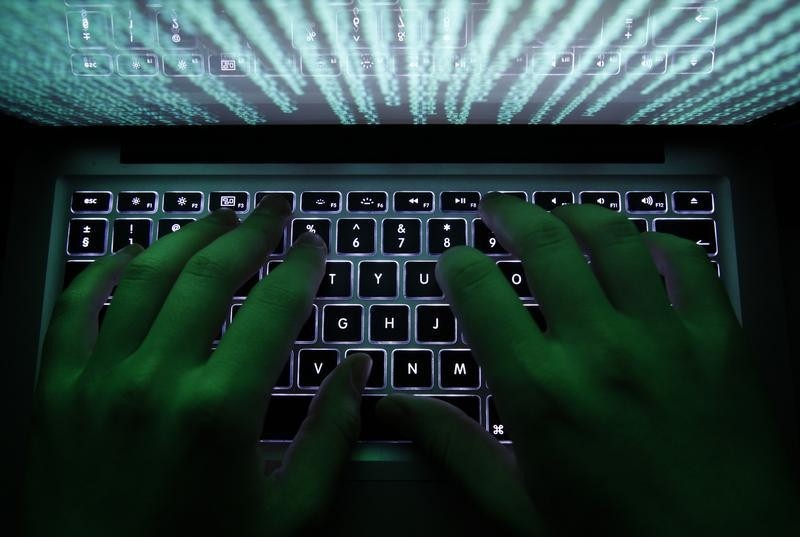By Alastair Sharp
TORONTO, March 29 (Reuters) - Seven in 10 people say the "dark net" - an anonymous online home to both criminals and activists fearful of government surveillance - should be shut down, according to a global Ipsos poll released on Tuesday.
The findings, from a poll of at least 1,000 people in each of 24 countries, come as policymakers and technology companies argue over whether digital privacy should be curbed to help regulators and law enforcement more easily thwart hackers and other digital threats.
The U.S. Justice Department is currently trying to force Apple Inc AAPL.O to write software to allow access to an iPhone used by San Bernardino, California shooter Rizwan Farook.
The dark net refers to an area of the Internet only accessible via special web browsers that ensure anonymity, where content is hidden and data typically encrypted.
The Ipsos poll was commissioned the Waterloo, Ontario-based Centre for International Governance Innovation (CIGI). The think tank is part of a commission seeking to shape Internet governance.
The question asked in the poll pointed out the dark net's anonymity can protect journalists, human rights activists, dissidents and whistleblowers, but also hide child abuse networks and illegal marketplaces selling weapons and narcotics.
The portion of respondents who either strongly agreed or somewhat agreed it should be shuttered ranged between 61 percent and 85 percent, with support strongest in Indonesia, India, Egypt and Mexico and weakest in Sweden, South Korea and Kenya.
Other countries polled included Pakistan, Australia, the United States, France, Germany, Turkey, and Tunisia.
"The public clearly wants law enforcement to have the tools to do its job. But if you flip it around and say should they have access to your data they tend to feel differently," said Fen Osler Hampson, director of the global security and politics program at CIGI.
Only 38 percent of all respondents said they trust that their online activities are not monitored.
Hampson said public concern about online privacy will likely grow as more and more cars, appliances and infrastructure connect to online networks.
Ipsos said the poll was accurate in each country to within plus or minus 3.5 percentage points.
